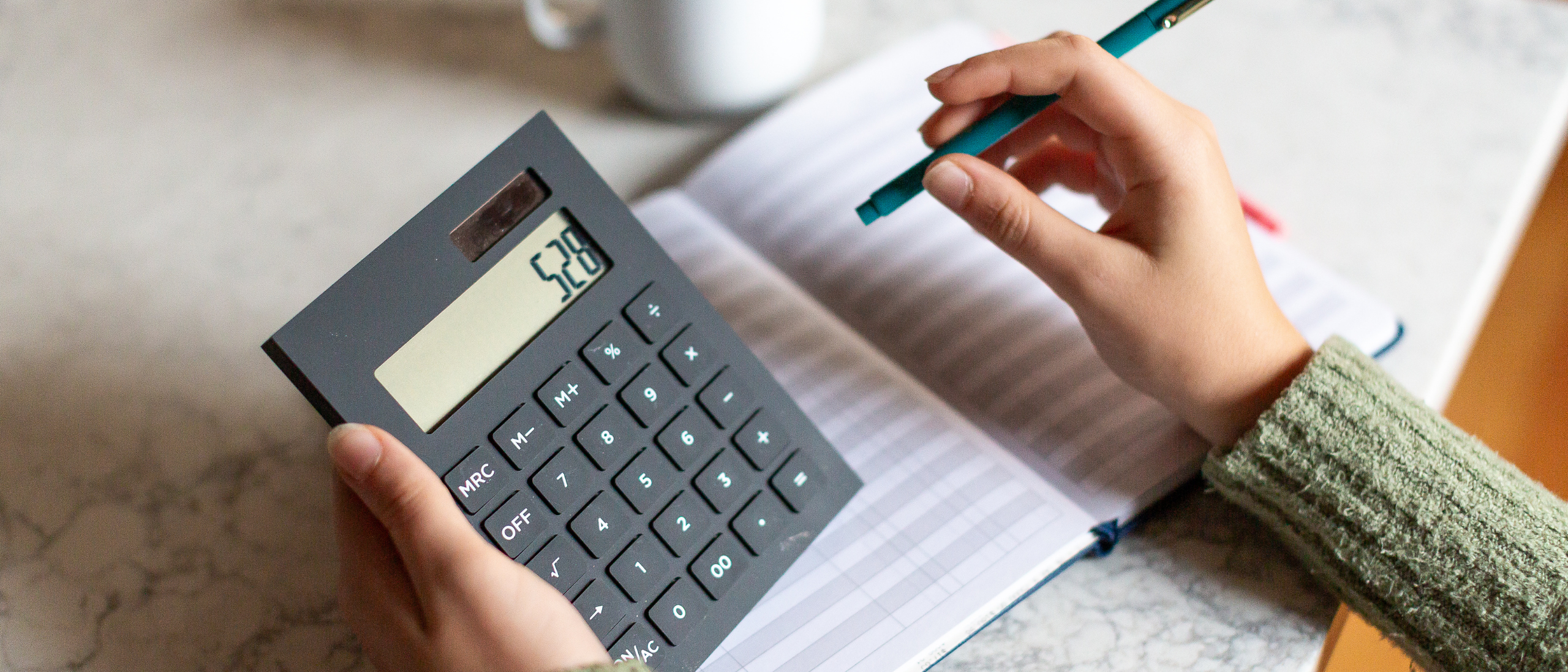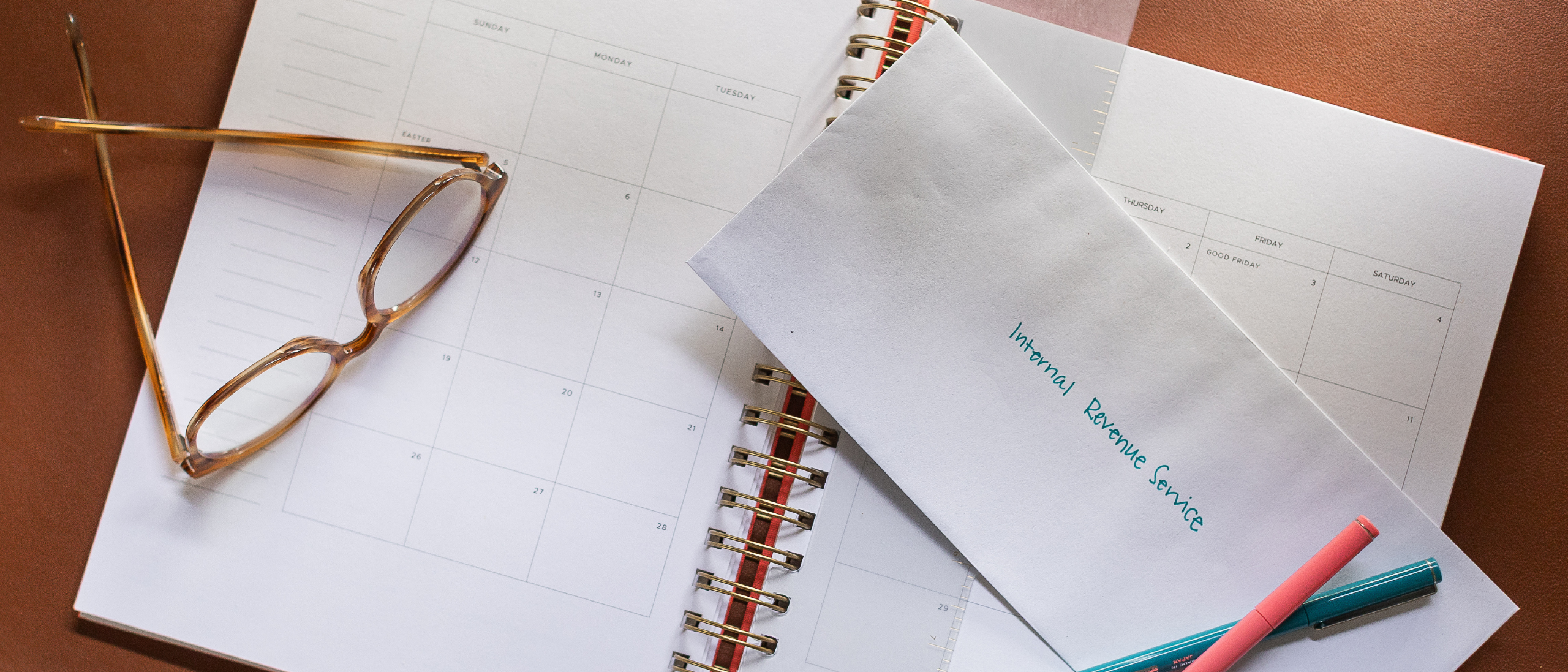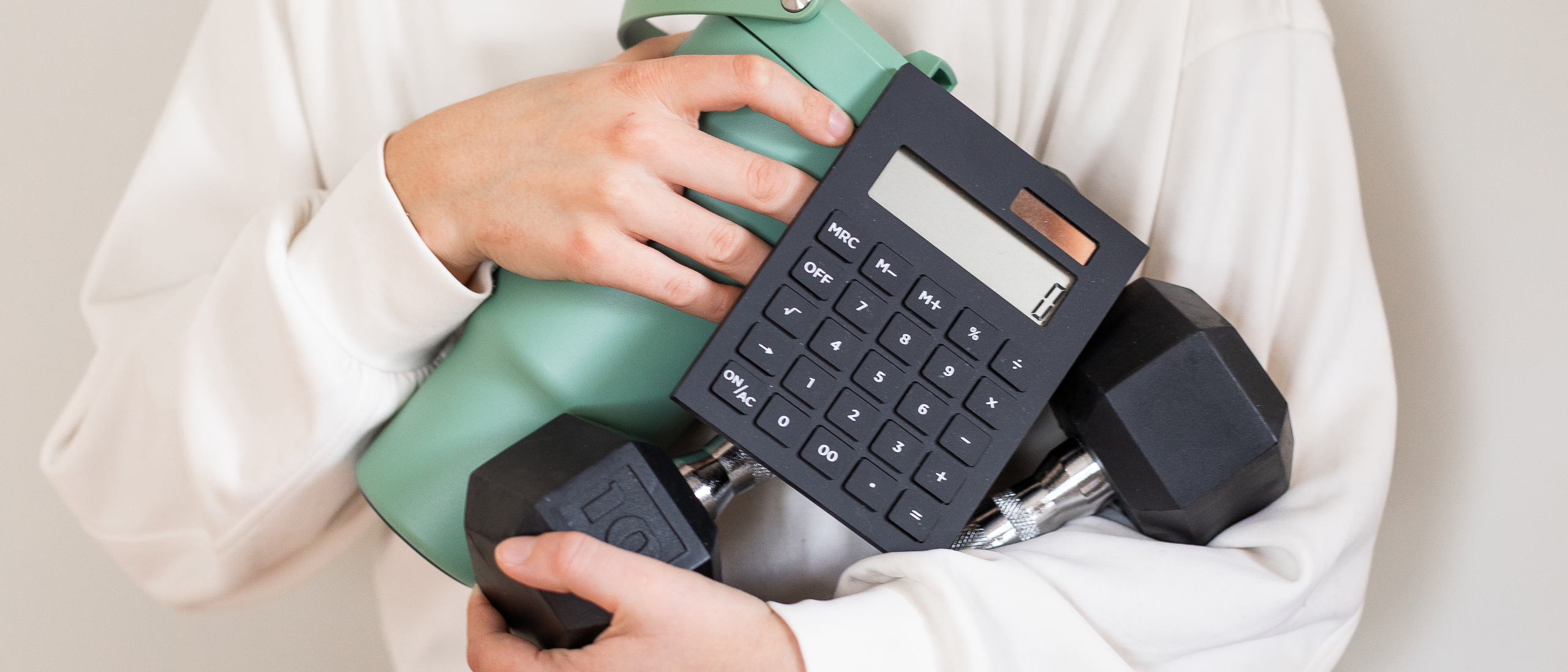If you’re like many of my clients, part of the dread of tax time is sorting through a pile of receipts you’ve thrown in a box or drawer somewhere.
The root of this problem is that many people just don’t know which receipts they need to keep for tax time. Today’s article will walk you through which receipts you need (and which ones you don’t!) when completing your taxes.
Which receipts do I need to keep?
If you plan to use an expense towards a tax credit or deduction, then you’ll need to have what the IRS calls “documentary evidence” of that expense. In other words, keep those receipts. This would include receipts for all of the following:
- Charitable contribution receipts
- Medical bills including premiums, copays, unreimbursed Medicare expenses, exams, tests, and hospital stays including bills from the eye doctor, dentist, chiropractor, lactation consultant, podiatrist, psychiatrist, therapist, and most any other medical professional
- Traveling and transportation receipts related to any medical appointments or treatments
- Weight-loss program bills
- Smoking cessation program bills
- Prescription receipts
- Sales tax receipts
- Mileage logs
- Gas receipts
- Student loan bills
- Tuition bills
- Mortgage bills or rent receipts
- Childcare bills
- Office expense receipts (supplies, marketing, materials)
- Self-employment insurance receipts
- Utility bills (for home offices)
Which receipts can I throw away?
To be honest, not many receipts fall into this category. If you’re specifically talking about entertaining clients or receipts related to overnight travel, you generally don’t need to worry about keeping receipts for expenses that are less than $75 (as long as it’s not a lodging receipt). For instance, you don’t need a receipt for a business meal that costs $50, but you would need a receipt for a $100 business meal. Additionally, if you have transportation expenses such as cab fares, parking fees, or tolls, you typically would not be given a receipt, so those aren’t required to be kept.
What needs to be included on the receipt?
Each receipt needs to include the amount, date, place, and nature of the expense. If you don’t have a receipt, you can use evidence like a canceled check or credit card bill as long as it provides the same type of evidence of a business expense.
Can I scan or take pictures of my tax receipts?
Absolutely! Please do. In fact, the majority of my clients submit everything to me electronically, so I encourage them to scan receipts in order to have an electronic copy onhand. Most people find this method easier to organize as well. However, there are two things you should definitely keep in mind when digitizing your bills and receipts:
- Make sure you back up your files somewhere.
- Double-check that the scan or photo clearly shows the information on the receipt.
There are so many different ways to keep your receipts and paperwork organized for your small business, but Neat is the #1 top tool that I love recommending to my clients.
Neat lets you use your phone to scan in receipts or mail in paper copies using their “magic envelopes.” They use their scanning technology to grab information from your receipts and catalog them in their software. Neat also works with the most popular bookkeeping softwares to make the organizing process so much easier.
How long should I keep my receipts?
The IRS can audit your tax return for up to three years after it is filed. For this reason, the minimum amount of time you should keep your receipts is three years. However, if you’ve grossly underreported your income or filed a fraudulent return, then the IRS can come after you for a minimum of six years and a maximum of forever. Additionally, you should keep employment tax records for at least four years.
What other documents do I need to keep?
In addition to receipts, you should be holding onto any tax documents like 1099s and W-2s. You should also keep payroll records and any evidence of income such as bank statements (if you don’t have online banking) and invoices.
The bottom line is that most receipts and business-related documents should be saved and stored in a format that is easily accessible and makes sense to you. When in doubt about what to keep, you can always ask a CPA for advice.
Action Steps
- Digitize all of your receipts so that you can easily organize and find them on your computer when it’s tax time.
- Keep all receipts for a minimum of three years after filing your tax return.




